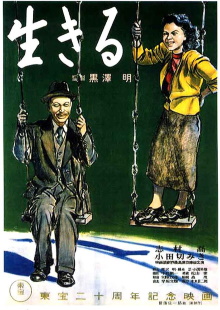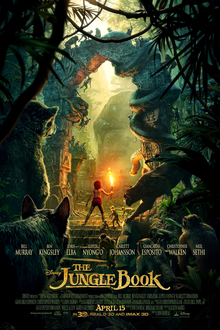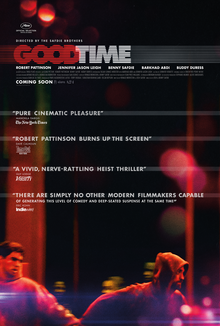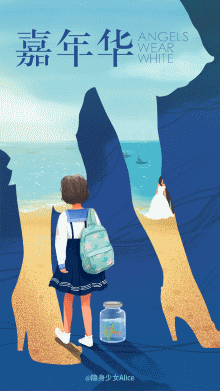Once again the winners of the year’s Nobel Prizes have been announced but the science prizes barely got any press coverage. One surprise is that the prize for literature has been talked about more than this year’s Peace Prize, I think it going to the Prime Minister of Ethiopia isn’t that exciting and there are dual literature prizes this year and some controversy involved. Nonetheless I haven’t seen people talk about the science prizes at all.
The prize for Physiology or Medicine goes to William Kaelin, Sir Peter Ratcliffe and Gregg Semenza who identified the now well known phenomenon whereby cells can detect and respond to varying levels of oxygen. The discoveries include the hormone known as erythropoietin which triggers the process that creates red blood corpuscles, the HIF protein complex that switches that gene on and off, another protein called VHL that regulates how all this works in accordance with oxygen levels and finally how VHL and HIF-1 alpha work together. This created a complete picture of how different oxygen levels regulate the fundamental physiological processes of our bodies.
The prize for Physics is split into two, for separate discoveries though both are in astronomy. James Peebles is awarded one half for his contributions to the so-called Big Bang model of cosmology. This award is apparently unusual because instead of a single big discovery, it is for a lifetime worth of insights and work that taken together changed the field. It may make it easier to award Nobel Prizes in the future of similar such contributions. The other half goes to Michel Mayor and Didier Queloz for the first discovery of a planet outside of our solar system. They used the Doppler-shift method of measuring how the frequency of starlight arriving at Earth oscillates due to the gravity of a planet orbiting it to detect a gas giant twice the size of Jupiter very near to the star Pegasi 51. Since then many thousands of other exoplanets have been founds.
Unlike the other science prizes, the one for Chemistry goes to a technology that everyone reading this is familiar with and most probably use daily, It goes to John B. Goodenough, M. Stanley Whittingham and Akira Yoshino for the development of the now commonplace and essential lithium-ion battery. This began with the discovery, out of pure curiosity, that when lithium ions entered atom-sized spaces in titanium disulphide, electricity could be stored. Next, the titanium disulphide was replaced with cobalt oxide, which doubled the output voltage. Finally the highly reactive and hence dangerous lithium anode was replaced by petroleum coke to finally create the reusable and safe version of the lithium-ion battery that we now all use.
Finally the Economics prize goes to Abhijit Banerjee, Esther Duflo and Michael Kremer for their work in development economics to help fight poverty. There is too much variety in their published papers to easily summarize but their approach can be described as using carefully designed and targeted experiments to empirically find out which interventions work. Examples include using randomized trials to study the effects of different educational policies in Kenya, measuring the rates of return of using fertilizer, evaluating the effects of micro-credit loans, proving that the benefits of deworming programs far outweigh the costs and much more.





